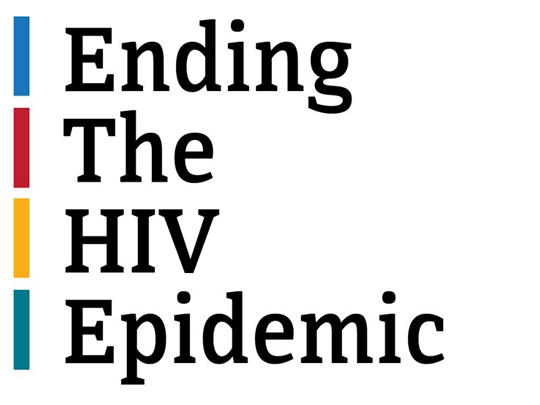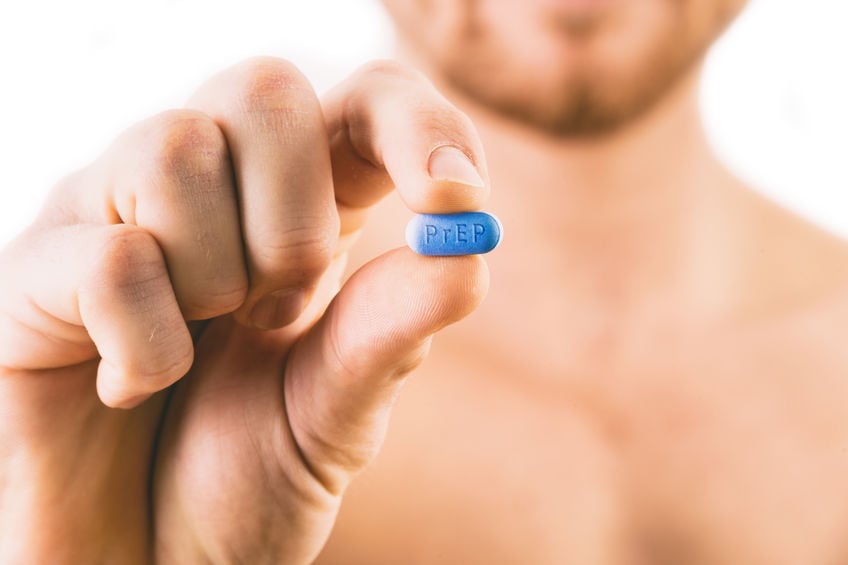Do Teens Need HIV Testing?
Nearly 1 in 5 people living with human immunodeficiency virus (HIV) have never been tested for the virus. This is particularly true for sexually active teens, an age group more likely to have unprotected sex. Testing for HIV is highly encouraged and recommended by pediatric doctors for teens. From age 15, HIV screening for teens should happen every 3-6 months. However, despite educational efforts and campaigns to increase awareness of the importance of getting tested, most teens still don’t.
Benefits of HIV screening for teens
Getting tested for HIV helps break the stigma and emphasizes safe sex practices. As a result, testing becomes more commonplace, and infection rates are reduced. Some teens will also develop a deeper understanding of the disease and will be more likely to abstain from sex. There is also strength in numbers. If more teens get tested, there is a greater chance of treatment for this group. Early diagnosis of HIV also prevents further progression of the disease and helps keep symptoms under control. For teens, early diagnosis of HIV can be lifesaving.
Receive treatment and support
If a teen tests positive for HIV, many resources are available for treatment and support. Teens will also receive medical care to manage the illness and prevent the spread of the virus. Counseling and other support services are available to help cope with the diagnosis and the emotional impact of living with this virus. Without treatment and support, people with HIV are more likely to experience severe symptoms, spread the virus to others, and have a lower lifespan.
Do parents play a role?
Parents and other caregivers should be involved in a teen’s HIV testing. These adults can help encourage teens to get tested and provide information on where to go for testing. Parents, mentors, and adults are also essential sources of support if a positive test result occurs, and can be instrumental in helping the teen receive treatment and support. More importantly, adults can help reduce the stigma and poor culture around talking about sex and protection from illnesses.
What about schools?
Teens spend significant time in school and develop relationships there. Many schools have initiatives in place to reduce sexually transmitted infections (STIs) as much as possible. However, there is still room to improve awareness and prevention education. Schools can educate and promote HIV knowledge in health classes, provide condoms, and offer HIV testing. Schools can also provide information, support, and confidential counseling to students with an HIV diagnosis. Working with community agencies can also help schools promote HIV testing.
The role of community agencies
Community groups can also provide information on HIV testing to teens. Mentorship groups, sports teams, and career guidance organizations can collaborate and share important health information. This approach can provide supplemental support for teens who miss education from parents and schools. When all facets are involved, the chance of HIV infections among teens is reduced.
Get tested and prevent infection
An HIV infection can be missed for many years until serious health complications start to develop. Teens are at exceptionally high risk, especially when engaging in sex with multiple partners, transgender youth, or people who inject drugs (PWID). Getting tested frequently can keep teens healthy and reduce risk.

Have You Seen Our Outreach Efforts?
You may have seen our table ads in the community. You can download them here:





